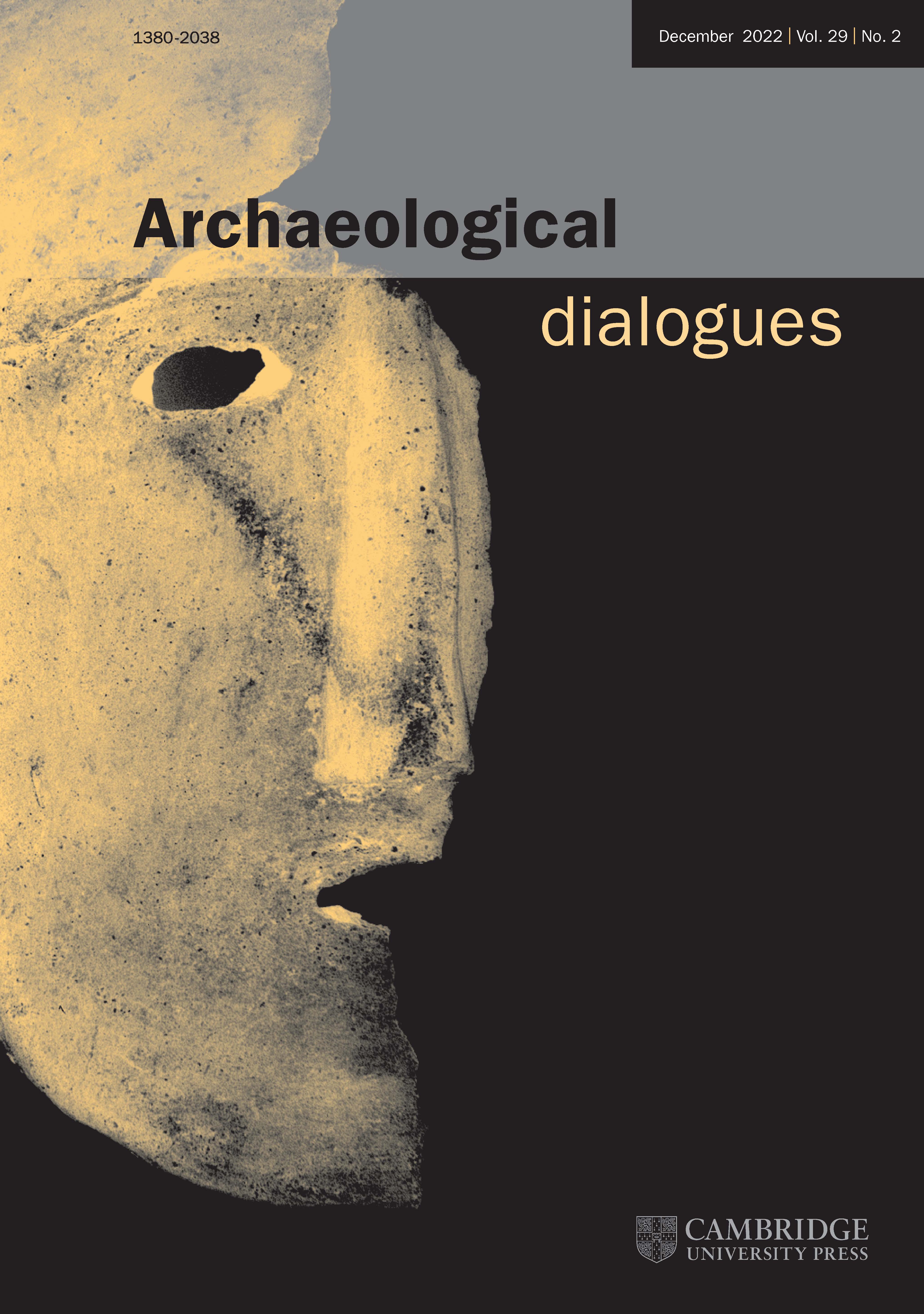- Moderator
- #1
Geologic Eras are vast stretches of time, almost inconceivable to our brief life spans. There is something strange about being at the beginning of what is likely a new era,and being of the species that defines it 

 www.sciencenews.org
www.sciencenews.org
…Still, attempting to define the Anthropocene in geologic terms underscores humanity’s rapid and intense impact on the planet, Turner says. “We’ve become a geological force.”

Canada’s Crawford Lake could mark the beginning of the Anthropocene
The mud of a Canadian lake holds an extremely precise record of humans’ influence on Earth. But the Anthropocene isn’t an official geologic epoch yet.
…Still, attempting to define the Anthropocene in geologic terms underscores humanity’s rapid and intense impact on the planet, Turner says. “We’ve become a geological force.”


